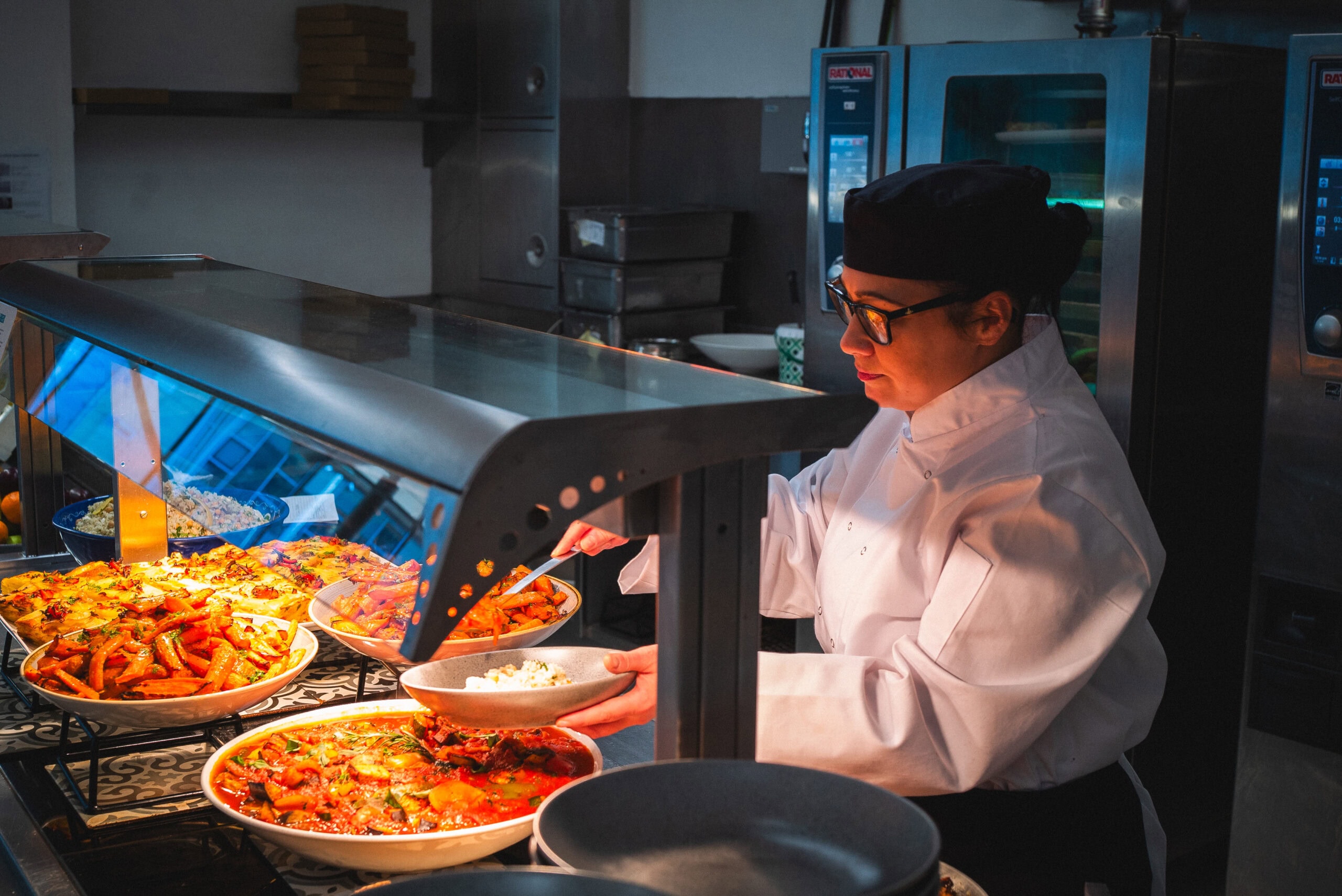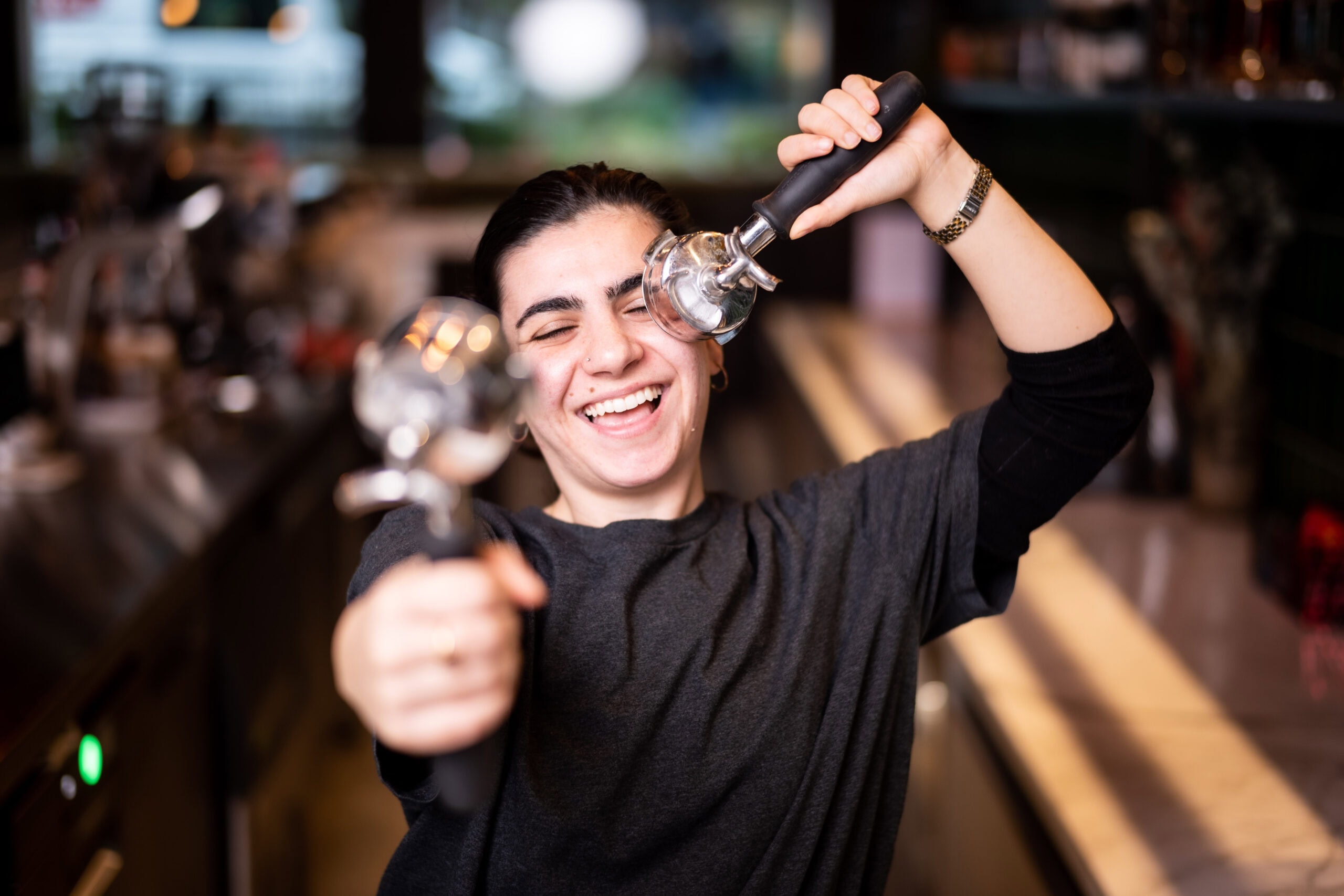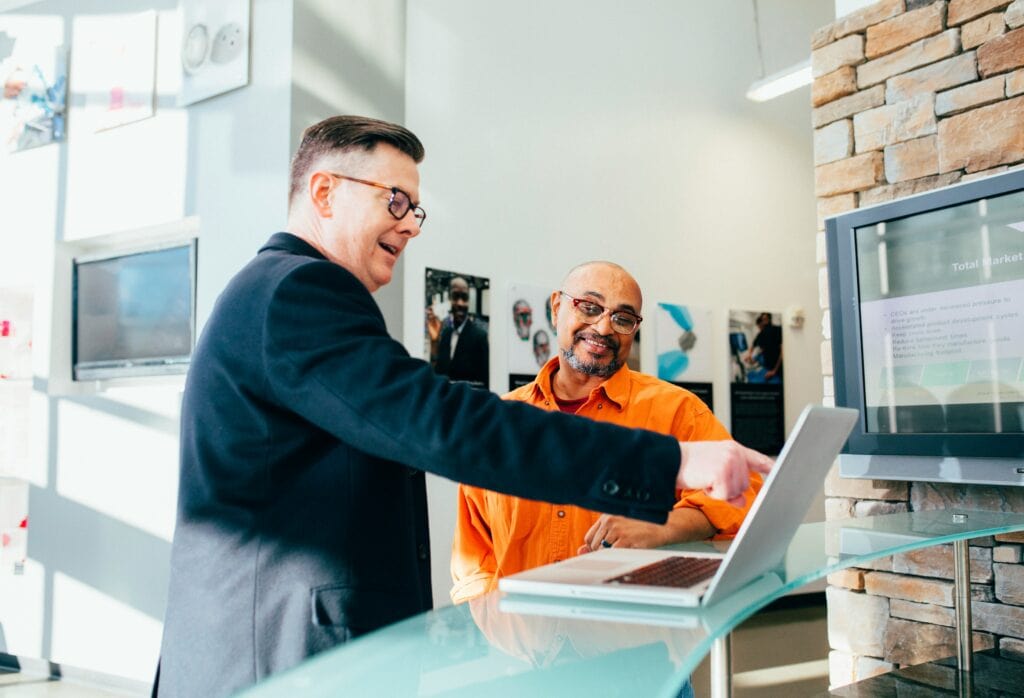Designing for adaptability in hospitality.
In hospitality, change is constant. Guest expectations evolve, teams shift, new technology emerges, and front-line staff are expected to stay calm, present, and emotionally engaged, no matter what’s happening behind the scenes. So how do you prepare people for that level of complexity and unpredictability? How do you introduce new ideas, change behaviour, and shape a workforce that is inclusive, adaptable, and forward-thinking?
Here’s what we’ve learned: more content is not the answer. It’s smarter, psychologically safe learning environments that help people adapt, evolve, and thrive.
Why hospitality needs a new approach
Hospitality is emotionally demanding. One moment it’s warm greetings and meaningful conversations and the next, it’s complaints and cancellations. And all of it happens in real time, face to face. The reality is: people can’t adapt effectively if their training only prepares them for tasks rather than emotional experiences. Most learning still centres on processes and checklists, ignoring the emotional and psychological load carried by hospitality teams. At Mindboost, we believe adaptability starts with designing learning that supports the whole person: emotionally, cognitively, and socially.
We design for adaptability by designing for emotion





